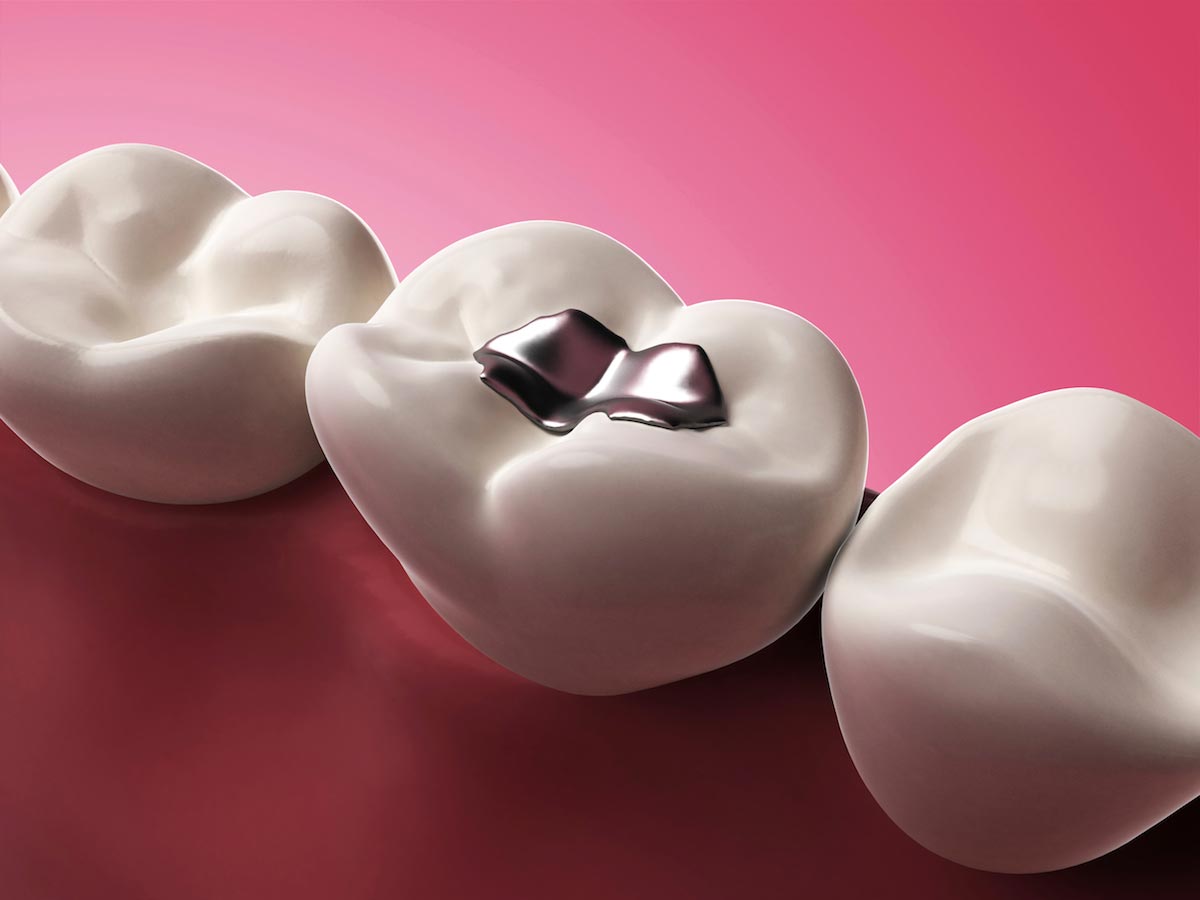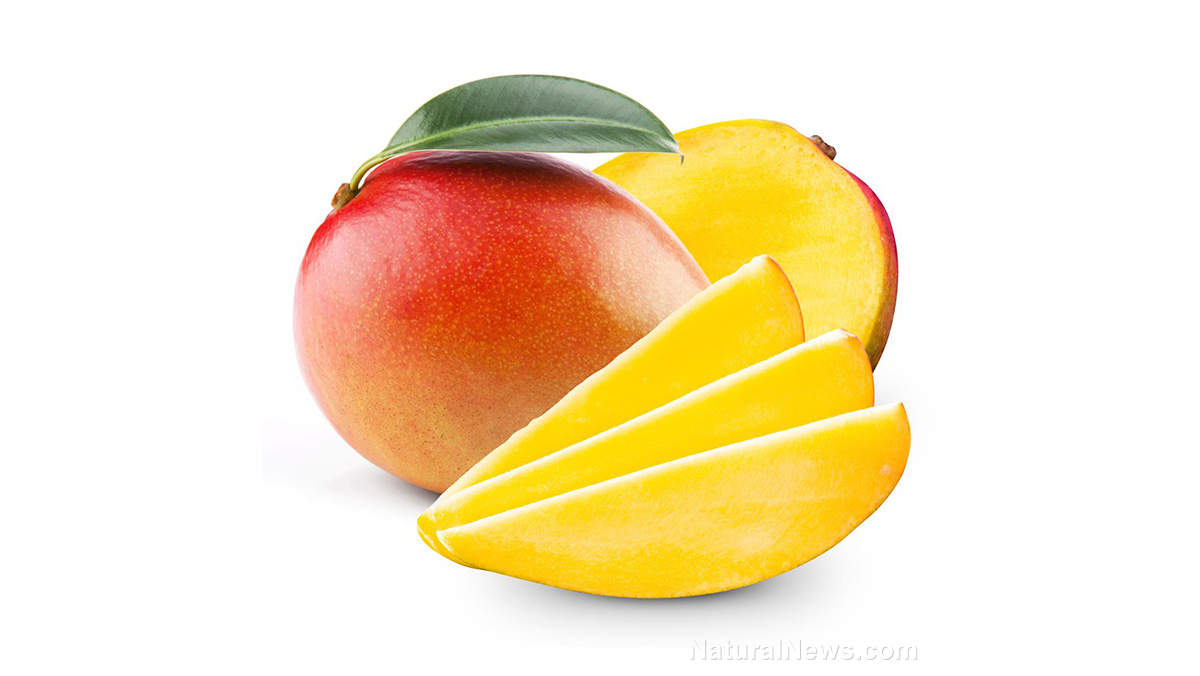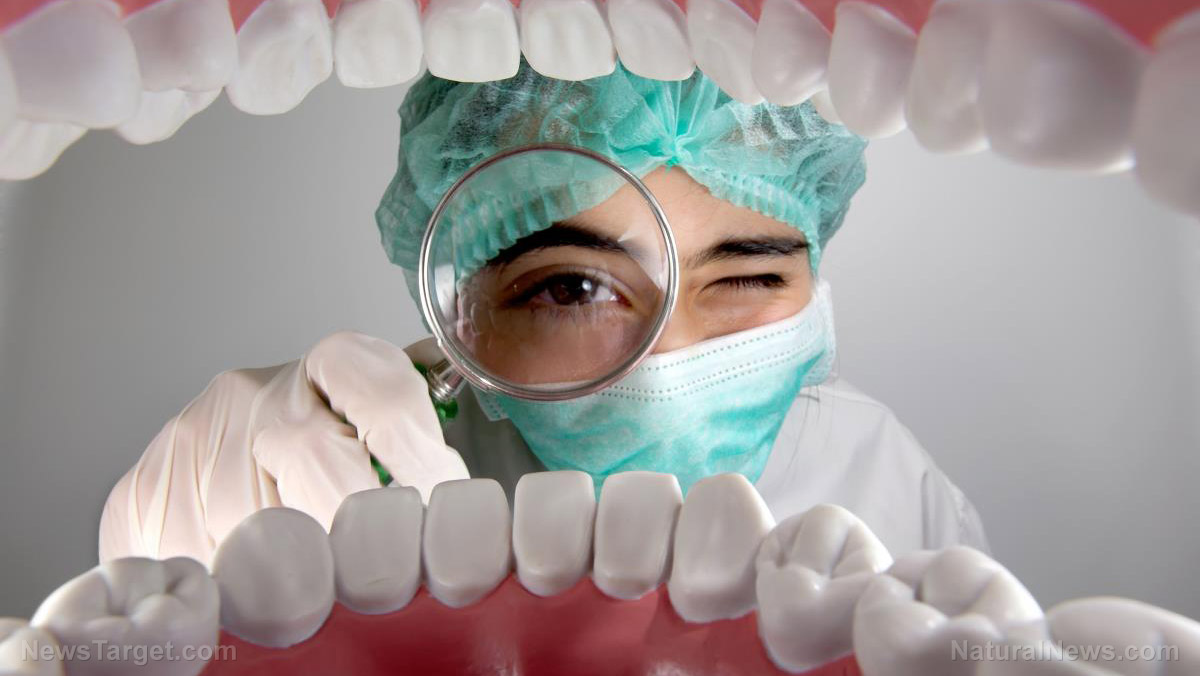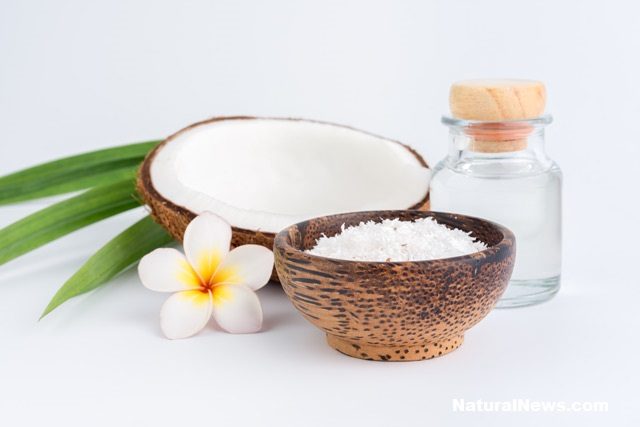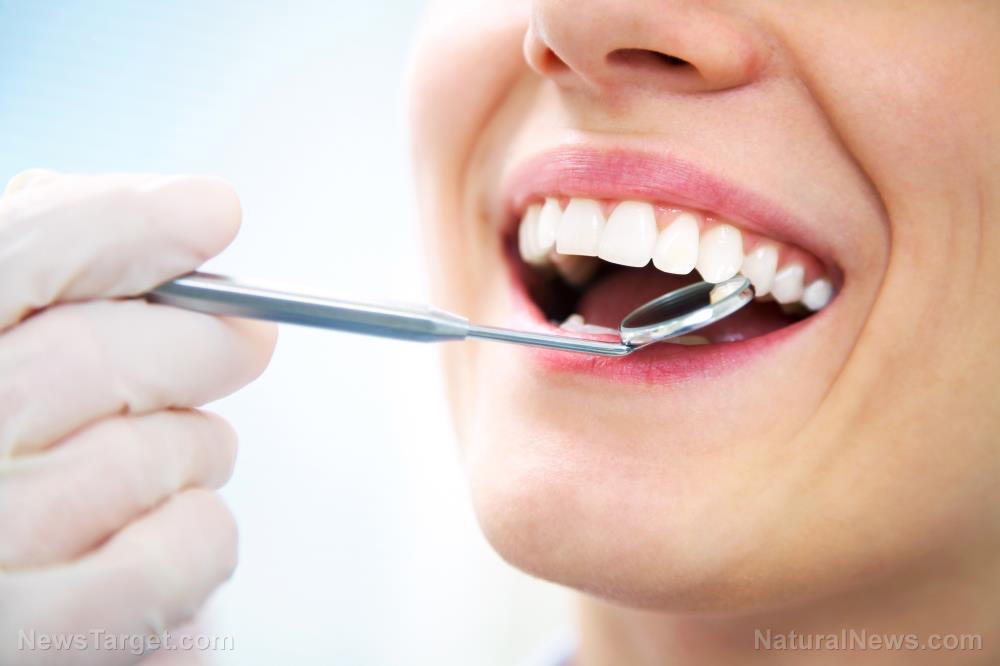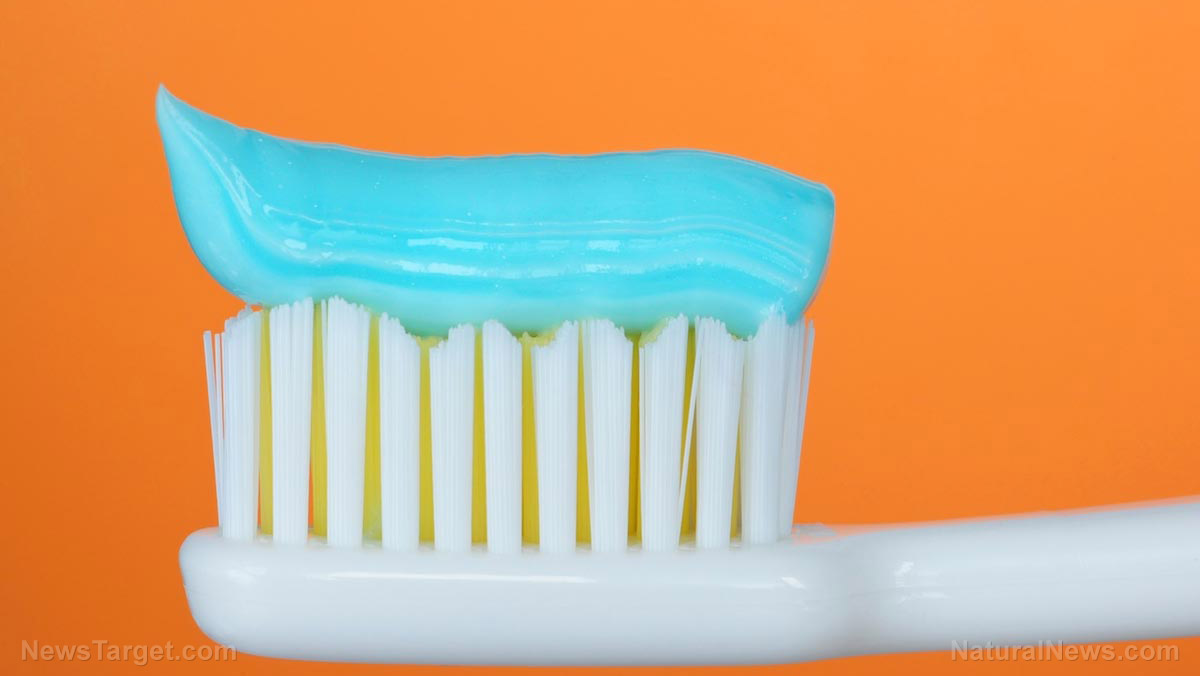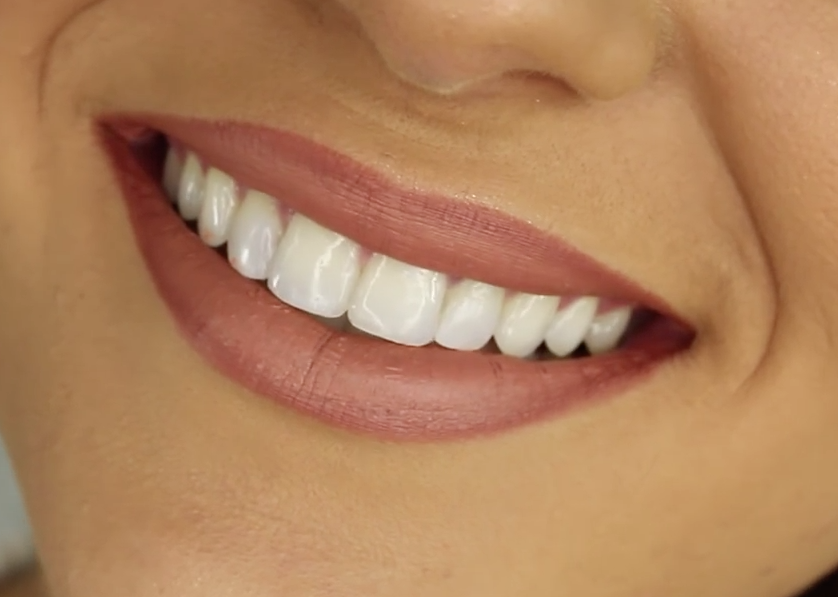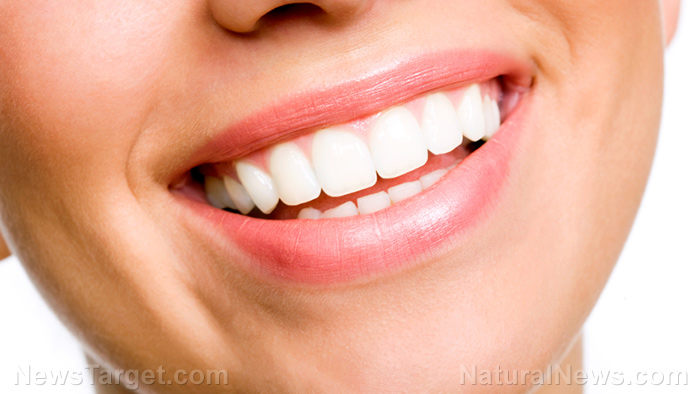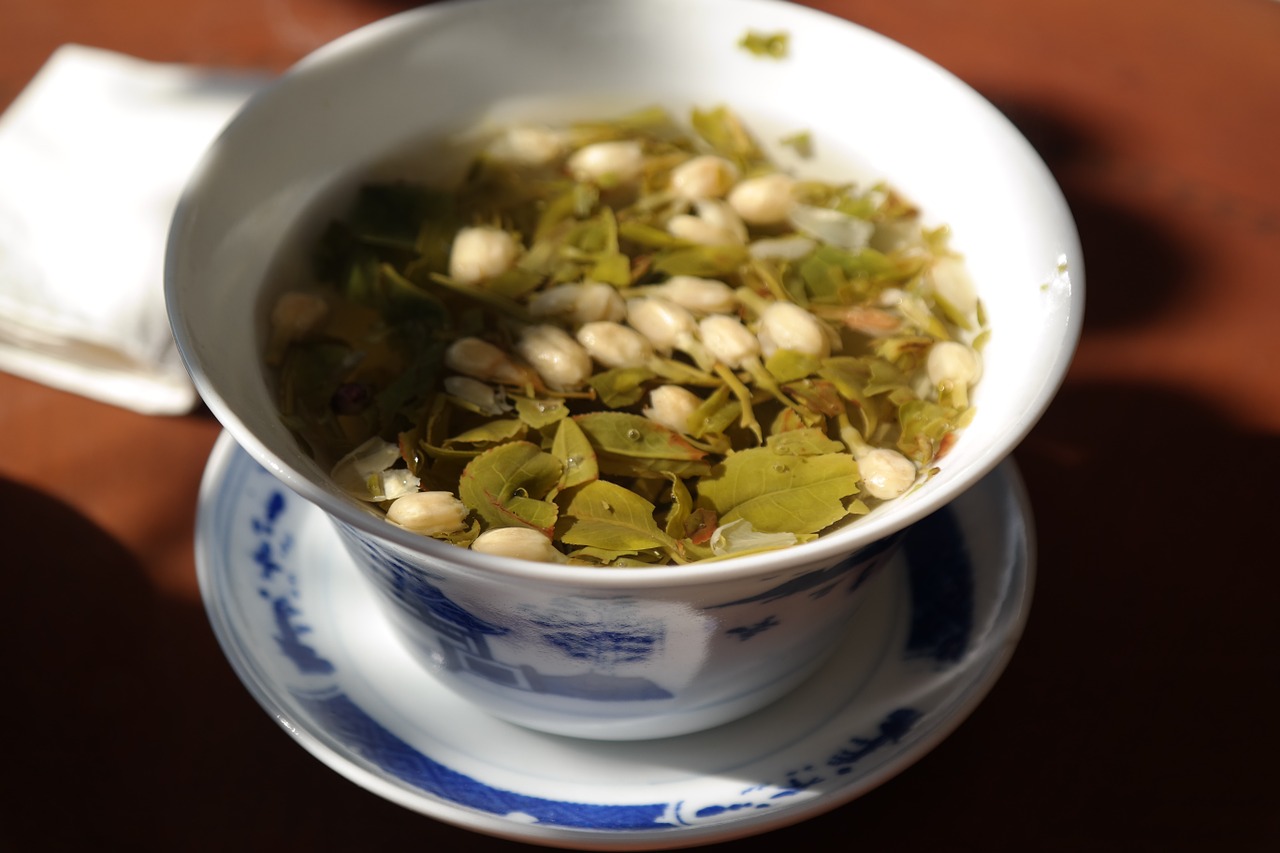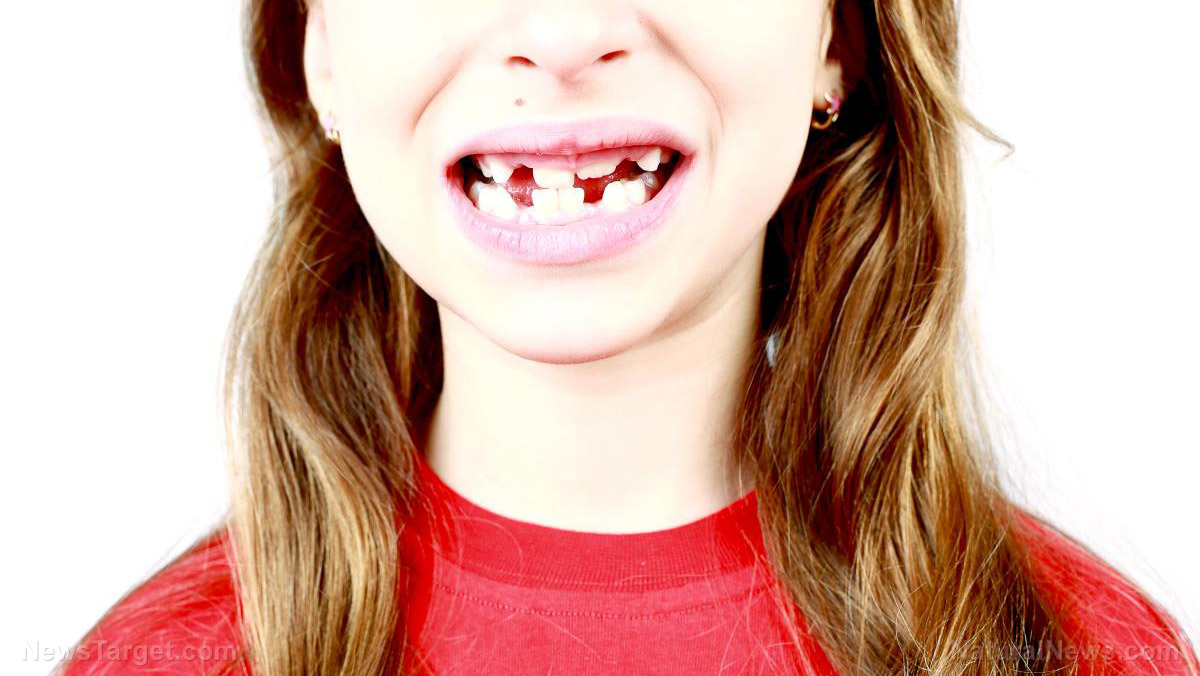Natural mouthwashes clean your mouth just as well as chemical ones WITHOUT the side effects
10/23/2018 / By Edsel Cook

If you are tired or wary of the side effects of chlorhexidine-based mouthwash, you should consider switching over to natural equivalents. A study in the Journal of Ayurveda and Holistic Medicine showed that traditional mouthwashes like licorice and triphala are just as effective against bacteria in the mouth.
Dental caries is the decay and crumbling of the teeth. The condition is caused by the pathogenic bacteria Streptococcus mutans.
The treatment of caries involves consuming healthier foods, keeping your mouth clean, and using antimicrobial mouthwash. The most commonly used antiseptic chemical for mouthwashes is chlorhexidine, which binds to the soft and hard tissues in the mouth for long-lasting effect.
However, chlorhexidine stains the teeth, changes the taste of food, and irritates soft tissue. It is therefore not suitable for sustained use, especially with children.
Furthermore, microorganisms are growing more resistant to overused antibiotics and antiseptics. This development has forced researchers to look for new sources of antimicrobials, especially in traditional medicine. (Related: How to make your own natural mouthwash.)
Testing plant-based mouthwashes against caries-causing bacteria
In the rural regions of India, people use inexpensive products to maintain oral hygiene. Traditional Ayurvedic medicine prescribes the three-herb formula triphala for treating periodontal disease and reducing Streptococcus population levels.
Another locally available option is licorice, the root of Glycyrrhiza glabra. In addition to serving as a source of sweets, this plant-based product was shown to protect against bacteria that attack the teeth.
In addition to maintaining oral health, licorice and triphala have other medicinal functions. Licorice is traditionally used to suppress inflammation, stop cancer, regulate the immune system, and protect the liver and heart. Its primary active compound, glycyrrhizol A, is highly effective against bacteria that cause tooth decay, mouth ulcers, and gastrointestinal problems.
Triphala, on the other hand, is one of the major formulas of traditional Indian medicine. Made from three herbal fruits – black myrobalan, Indian gooseberry, and Bihara – it can halt the growth of gram-positive and -negative bacteria like Streptococcus.
An A. J. Institute of Dental Sciences (AJID) exploratory study investigated the effectiveness of these two natural mouthwashes. Aqueous extracts of the two herbal antimicrobials were created and then mixed with distilled water and peppermint oil. They were compared with commercially available chlorhexidine.
The participants consisted of 75 voluntary test subjects ranging from 18 to 30 years of age. They were divided into three groups, designated licorice, triphala, and chlorhexidine.
On the first day, samples of untreated saliva were taken several hours after each meal. These samples were evaluated for population levels of Streptococcus bacteria, which causes caries.
The patients were given their respective mouthwash. They used the product as instructed for seven days straight. At the end of the trial, they returned to the laboratory, where new samples of their saliva were taken for evaluation. The results of the first and last days were compared and analyzed.
Licorice and triphala are just as effective as chlorhexidine
The study reported that all three mouthwashes greatly reduced the number of Streptococcus bacteria in the saliva samples after seven days of treatment. Furthermore, there was almost no difference between the three antimicrobials when it came to suppressing bacterial growth.
The trial was limited in two ways. First, it only lasted for one week because using chlorhexidine for longer periods would trigger the previously mentioned side effects.
Second, the licorice and triphala extracts were processed using water as a solvent. Alcoholic extracts of the plant-based products may have turned out to be more effective.
The AJID study concluded that licorice and triphala could serve as safe, cheap, and effective natural mouthwashes in place of chlorhexidine.
You can read more about using licorice to protect your teeth at HolisticDentistry.news.
Sources include:
Tagged Under: caries, chlorhexidine, dental care, dentistry, holistic dental care, licorice, Natural Alternatives, natural cures, natural mouthwash, oral health, oral hygiene, Prevent Cavities, remedies, teeth, tooth decay, Triphala



